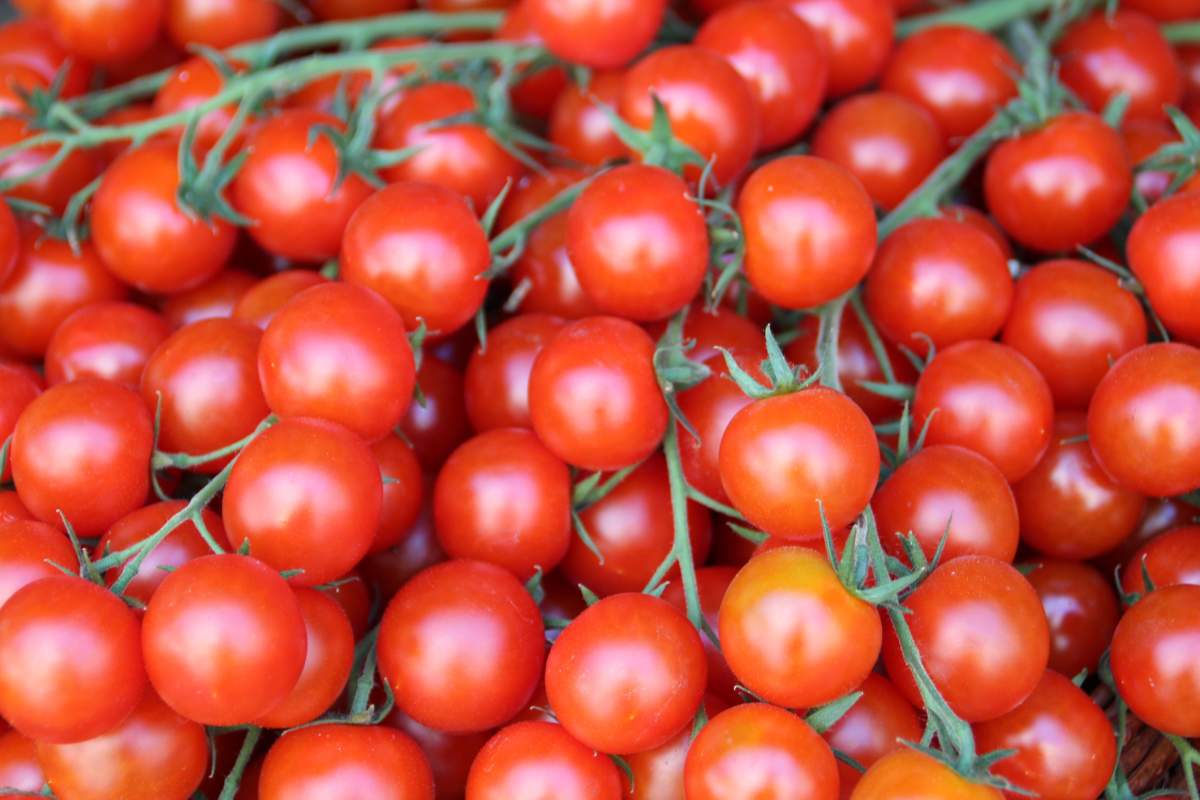If you go to a grocery store without a list or budget in mind, you can end up overspending on things you don’t really need.

In November 2017, Global News crunched numbers to figure out the average cost of groceries in Canada, which roughly came down to $220 a week for a family of four. Earlier this year, we also created a grocery list for a single-person household for $50 a week. For the summer, when kids are home for a long period of time, it can be tricky to stay on budget.
Sticking to a grocery budget comes down to willpower, says registered dietitian Shahzadi Devje.
“It really depends on how motivated you are to save money and make changes to your habitual eating patterns,” she says. “Every family’s needs are different but there are certainly lots of ways you can cut your grocery bill and live on a $200 food budget. It’s all about being more conscious, simple and prudent — frills not included.”
READ MORE: Here’s a $50 grocery list for an entire week of healthy eating
How to save
Devje says there are plenty of ways to cut back on grocery and food costs. For starters, start cooking from scratch.
“It may mean extra work and planning, but it’s worth it if you want to save. When you buy ingredients versus prepared or convenience foods, it tends to be cheaper.”
She also recommends cooking in bulk and freezing for another day to save time. This is also a good way to use multiple ingredients at once, reducing food waste. “What’s more is you reduce your utility bill. These eco-friendly decisions and habits support a healthier planet.”

Get breaking National news
And while growing your own fruits, vegetables and herbs may not be an option for every household, there are ways to make it work even in smaller spaces.
“You can simply start growing herbs on your window sill or containers. By growing your own fruits and vegetables, you’ll save money by using what you grow, it’s convenient and could mean less trips to the grocery store — what a money-saving scenario! Try growing these for maximizing your savings: tomatoes, peppers, cucumber and herbs,” she continues.
READ MORE: How much does a week of groceries cost in Canada? We crunched the numbers
And when you are eating meals, take a look at your portion size, because we often end up creating food waste by putting too much on our plates.
“Some of my clients report that mindful eating helps them to feel satisfied with less food. Avoiding distractions at eating time and sitting to eat with attention and intention could save you dollars.”
She also advises to cut down on meat. “Skipping on the meat won’t just add ‘healthy’ years to your life, but also save money and the planet. Meat is expensive and there are lots of plant-based alternatives which are easier on the wallet, and most are faster to cook. Lentils, beans, peas, oats and tofu are just a few examples.”
Below, Devje breaks down a week’s worth of grocery items for a family of four. Of course, depending on which city you live in, prices and availability can change, but this could be a good starting point for being more mindful of how you spend money on groceries.
Protein and dairy
Lentils: Buy them dry when on sale and cook them in a large batch, then freeze. It’s convenient to throw them into dishes when you’re short on time.
Chicken: Try skinless chicken thighs, instead of chicken breasts, to reduce your bill at the grocery checkout.
Fish: Choosing canned fish with the Blue Fish Label will not only save you money, you can also include this protein into your diet.
Yogurt: Yogurt can get expensive, but using the curd to make your own will save you money. This is very common in South Asian households.
Fruits and vegetables
READ MORE: Best and worst diets of 2018 — here’s how to get started
Condiments, herbs and flavouring
Grains
Meal ideas
Breakfast: Oats in a jar
Lunch: Cold tuna pasta salad with your favourite frozen veggies
Dinner: Spicy lentil and brown rice bowl
Snack: Bananas, apples













Comments
Want to discuss? Please read our Commenting Policy first.